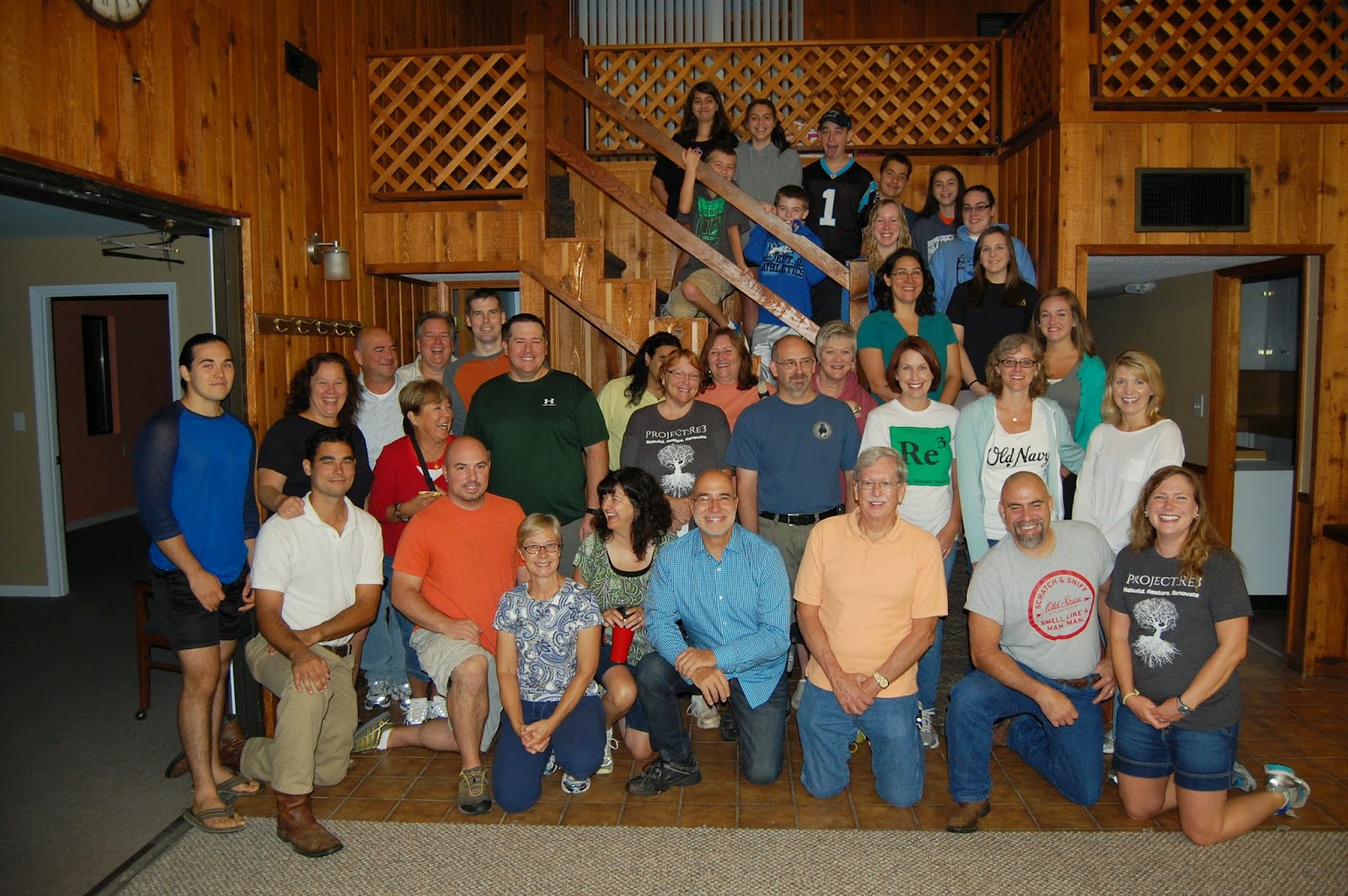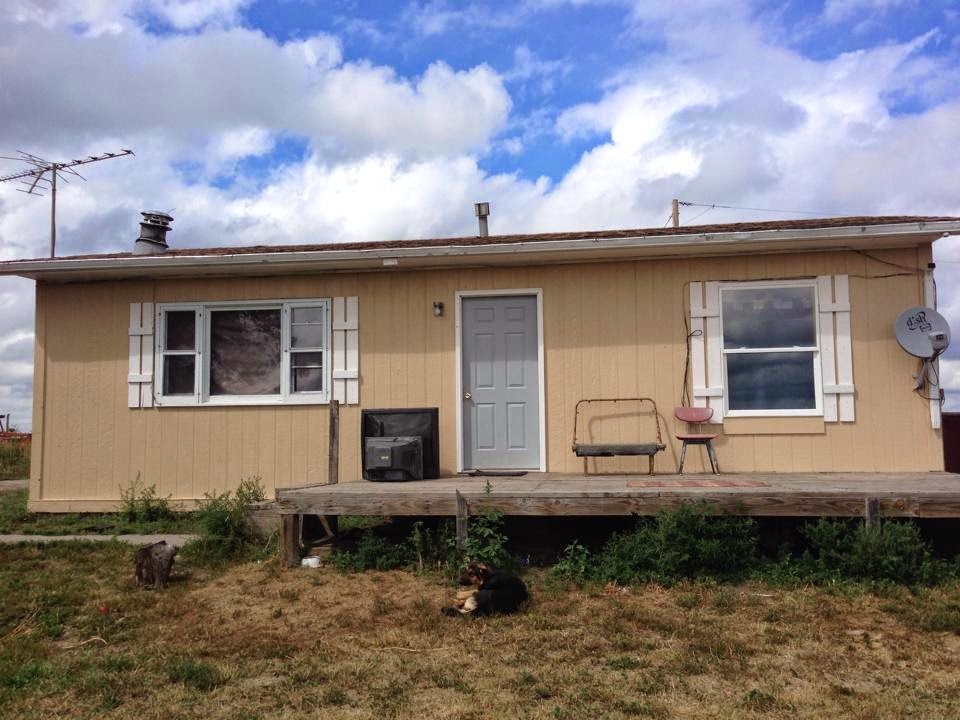Recently, I have read a number of articles, books, and blogs questioning the importance of short term missions. Some of the criticisms of short term missions are that short term mission teams often know little to nothing about the countries and people they visit, the teams often spend a lot of money that could be better used for other purposes, and in some instances, short term mission teams discourage and even hurt the communities they hoped to serve. Often times, short term mission teams are accused of visiting a city or country once, and never helping the area again (this failure to support may be by failing to serve again, failure to provide financial support, etc.) Finally, many short term mission teams are accused of getting more from the trip themselves than they actually give.
I believe that there can be a strong argument made for short term mission trips if the trips are planned appropriately and if the trip has the right focus. While I am not an expert on short term missions, my husband and I have traveled on a number of mission trips both nationally and internationally. Through our experiences, I have some suggestions on how short term mission trips can be life changing for the short term mission team, as well as the people the team serves.
1.
Do your research. It is insulting for a mission team to go to another culture or even another area of their own country, without some knowledge of the people they will meet. Before I travel to a region, I read about the area - I read about problems and issues facing the area, about the culture and the people, and about the needs. If I have friends or contacts that have lived in the area or currently live in the area, I ask questions about appropriate behavior, cultural sensitivities, and what they view as the greatest needs in the area.
2.
Be a good steward of your resources. There are horror stories of Christians that have poured money into ministries that are not true ministries, but are established instead to make money off of the generosity of others. As a working mother, I have limited resources - I have limited time and money. If I am going to invest my time and money (which is really God's precious time and money), I want to make sure that I am making the best investment of my time and money that I possibly can - I want to maximize my investment. One of the best ways to do this is through a short term trip. During my short term mission trips to Mexico City, I have met independent missionaries that are working with women and children that are victims of human trafficking. Through multiple trips to the area, I have seen first hand the work that the missionaries do, and through the relationships I have built, I know their heart. I have also worked at an orphanage, and through staying at the orphanage, I have observed the children being loved and cared for. These first hand accounts have allowed me to give freely to these ministries with the knowledge that the missionaries that I support share my heart and they are using the money that I donate to help women and children in need. I realize you may not be able to visit each location yourself, but there are other ways to research non-profits and ministries. You can learn a great deal through google searches, and the larger social networks afforded by social media allows you to find others that may have served in an area or have a mutual connection or contact at a potential ministry. Additionally, this blog will have ministry spotlights (you can click the ministry spotlight tag) of organizations, missionaries and groups that we believe have a heart for Christ and a deep desire to love and help the needy.
3.
Go back. Although my husband and I have been on a number of mission trips, many of the mission trips return to the same places. I will never forget returning to the orphanage in Mexico City and hearing the shock in the leader's voice when she explained that our group was the ONLY group that ever came back. She stated that a number of mission groups may pass through, but NO ONE ever came back. We now travel to the orphanage at least once a year. While the people that make up our short term mission teams may change, we have built a mutual trust with the children of the orphanage. While the kids still cry when we leave, they always excitedly ask when we will come back. By returning to the same location to do our ministry, we have established a mutual trust with the children and the leaders of the orphanage that has opened doors that we could never imagine. In addition to physically going back, we also financially support the orphanage. When the orphanage has specific needs, we are the first people they ask to help. A number of us at ProjectRe3 are also able to write to children in the orphanage and support them, even when we are not physically there.
4.
Rely on the full time missionary/ the contact that you have at the location. When I first visited San Salvador,
the missionary Jon, picked us up from the airport. During the entire drive to our home for the week, I asked Jon about the country, about the people we would serve, about how we could help without hurting. We relied on Jon to tell us how to stay safe, how not to offend the people that live there. Our group followed Jon's lead, because the worst thing we could do would be to harm his ministry there by our ignorance. When you go on a short term trip, you must understand that your host is the "expert" on the country. They will know the true needs, they can guide you so that you are not scammed but truly help those that need help, and they can ensure that you have a rich experience. In a few weeks, we will also travel to the reservation in South Dakota. Our team is currently, and will continue to, rely heavily on a contact that lives on the reservation, knows the families, and knows the needs of the people that we will serve.
5.
Experience the culture. While working is important, it is also important to get to know the people that you meet and to attempt to understand the poverty that you see (Jesus modeled this by spending time on relationships and talking to the people that he healed and helped). When I traveled to Mexico City and San Salvador, I was overwhelmed by the hopelessness. I immediately asked about the underlying problems that led to the homelessness, drug use, and gang activity. Though asking questions, I gained insight into the history of the country. I also learned how some American policy has impacted the countries, and how decisions that are made in the US may impact the lives of the people that I met. I asked questions while I was there, and I have continued to follow news of the countries through the relationships that I formed. I also got to know the people. I remember admiring a flower in a squatters village where we served. One of the ladies was delighted that I loved her flower, and immediately dug up a flower to give to me.


6.
Relationships. The one lesson that I have learned through our short term trips is that in the end, relationships matter more than we can imagine. Many short term mission teams want to arrive in a region and "fix" the problems and evangelize to the lost. While this may sometimes happen, true transformation happens through relationships. Although I have not been able to keep up with every person that I have met on a trip, by maintaining strong connections and relationships with contacts in the areas that I have served, I am able to check in on some of the orphans that I love. I am able to find out that a child is off of the street and receiving job training or that I need to pray more for another child who is in danger. I am able to follow the projects that we started by continuing to support and keep in contact with the missionaries there. And, in the instances when I have the privilege of returning to a location more than once, I am able to get to know the children over time and watch them grow.
7.
Support the local economy and empower people as much as possible. When we travel, we try to buy supplies and support the local economy as much as possible. More importantly, by establishing relationships, we are often able to partner in ministries that empower the locals to provide for their families. For example, one ministry we have worked a great deal with in Mexico is a ministry that is set up to help women who were trapped in human trafficking work and develop skills in a beauty salon. Our group helped remodel and do the construction on the salon so that the missionary that works there can bring in ladies and teach them to cut hair and paint nails. This ministry not only ministers to the ladies that go to the salon for services, but it empowers the women that are working there to develop a skill that will allow them to support themselves. People need to feel that they have a purpose and that they have hope. By finding ways to help people feel useful, this ministry provides hope and provides for the individuals after our mission team has gone home.
Another great example of this is through our contacts in El Salvador. Jon & Danielle have started the
Lighthouse ministry. Not only do they meet physical needs of the homeless (providing showers and clothing), but they also provide literacy training and microenterprise training through a bakery. I encourage you to read about them
here. They are a great example of creating sustainable projects that pour back into the community they serve.
8.
Be inspired to serve at home. After a mission trip to inner city Atlanta, one of our youth group members came home inspired. The group spent time making meals for the homeless and distributing them. Instead of returning home and simply discussing what she learned, this young lady thought, why don't we feed the homeless here? She developed Feed the Hungry. Our youth group gathered funds, and made meals every other week. They then hopped in a van, and found homeless individuals. They gave the meals to the homeless, and eventually began to collect other necessities like toothpaste, cloths, and coats. As they ministered in the same areas, they learned the stories of the people they served. They built relationships (see number 6 above).
9.
Love. In the end, how can you do harm when you are loving a child? The pictures below are of two very special kids in Mexico that we have had the honor of loving and watching grow. We love them and hug
them during the weeks that we visit. My prayer is that the relationships we have started will continue for a lifetime. When we come home I talk about them, and I talk about the issues that impact these children. I am changed for knowing them. I want to help other orphans, at home and around the world. I want to love my children more - because I realize how precious children are. I care about what happens in Mexico because it impacts people that I love.


I didn't even touch on the impact these short term mission trips have had on the individuals that serve on our short term trips. Although some people are not changed, we have had 3 individuals decide to dedicate at least a year to full time mission service. We have had a number of people find inspiration to start local ministries. A large number of people find that they left their heart in one of the countries and return there again and again. Project:Re3 supports a number of the missionaries and orphanages through prayer, financial support, and in any other way that is needed. The short term mission trips that I have experienced have been life changing for me, and I hope for the people that I have served.







































